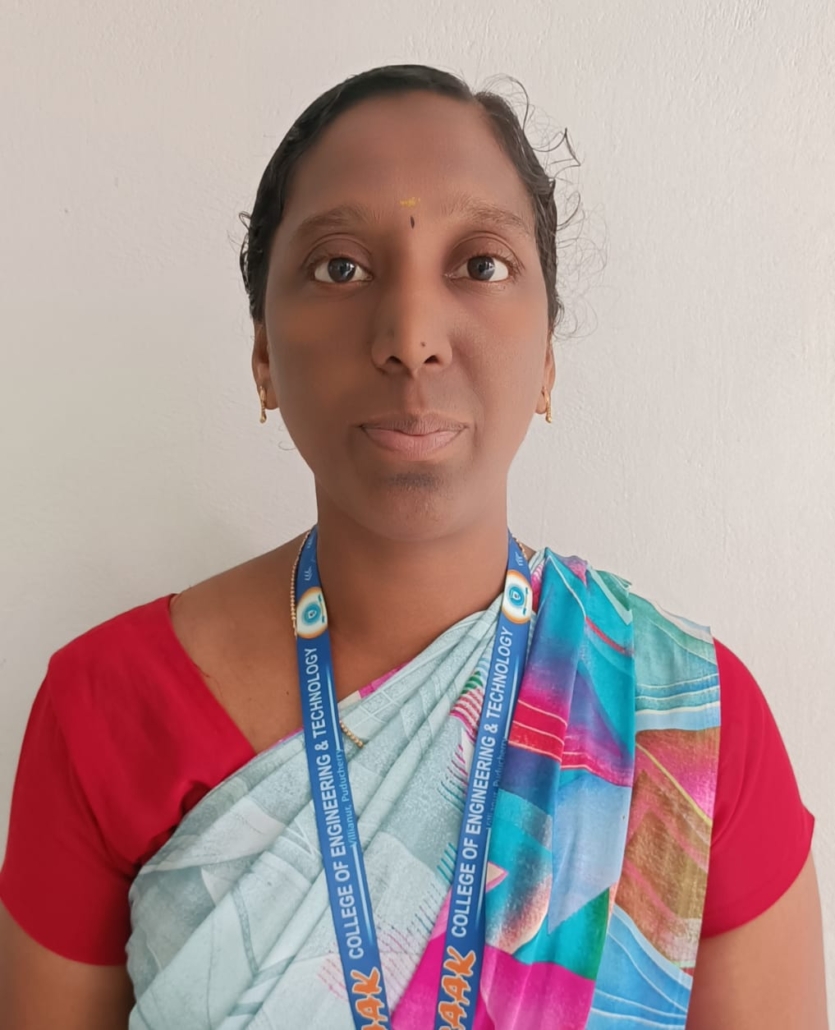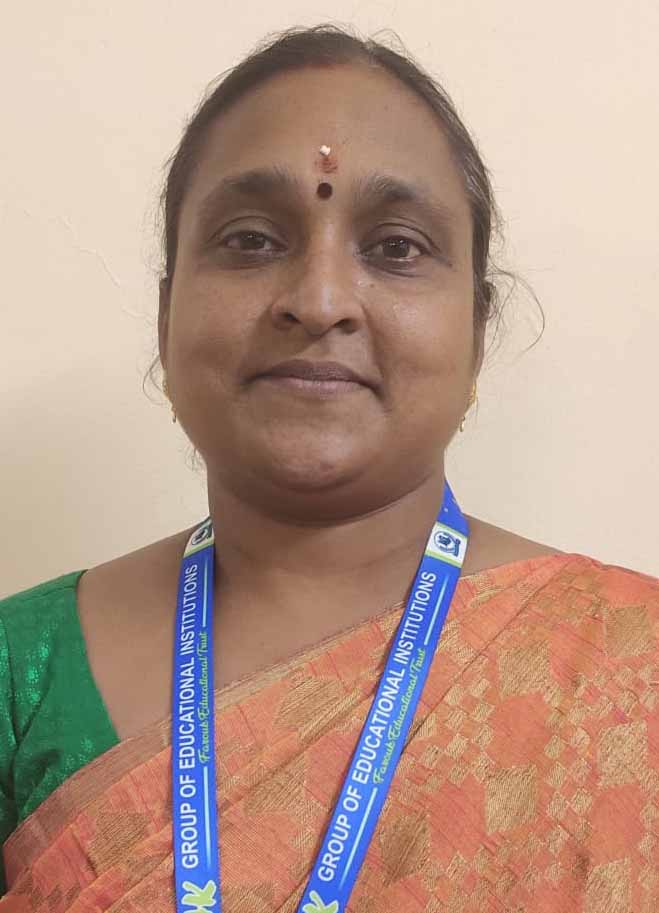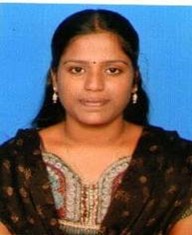SCIENCE AND HUMANITIES
The Department of Science and Humanities plays a unique and distinctive role in our college, where the ethos of science and technology prevails. It provides uncompromising standards of excellence in the basic echelons required for an engineer.
The department provides theoretical – practical knowledge with a holistic understanding coupled with reality for sustainable development. The Department inculcates in each student, a mastery of the fundamentals to enhance the capacity and analytical thought of an individual with a motivation for learning and intellectual discipline.
The Main objective of the department is to enrich the knowledge of the students and understand the basic concepts of fundamental Mathematics, science, and language that enable them to improve their applicative skills in Engineering profession.
DEPARTMENT VISION
- To guide and develop the basic skills which in turn facilitates the students in achieving academic excellence.
- To be a model for excellence in related to Engineering.
DEPARTMENT MISSION
- To put forth formidable steps along the path of excellence to master the foundation tools – Mathematics, Science and Communication skills that all engineers require.
- To ensure the adept expertise of our teaching faculty in training the learners and rendering a congenial learner-friendly environment.
PROGRAM EDUCATIONAL OBJECTIVES
PEO 1
The graduates will develop solutions to the real world problems in various areas of Electronics and Communication Engineering.
PEO 2
The graduates will adapt to the latest trends in technology through self learning in the areas of design, analysis and synthesis of engineering systems.
PEO 3
The graduates will exhibit leadership skills and enhance their abilities through lifelong learning.
PEO 4
The graduates will carry out their profession with ethics, integrity, competency and social responsibility.
PROGRAM OUTCOMES
PO 1. Engineering Knowledge:
Apply the knowledge of mathematics, science, engineering fundamentals, and an engineering specialization to the solution of complex engineering problems.
PO 2. Problem Analysis:
Identify, formulate, review research literature, and analyze complex engineering problems reaching substantiated conclusions using first principles of mathematics, natural sciences, and engineering sciences.
PO 3. Design/Development of solutions:
Design solutions for complex engineering problems and design system components or processes that meet the specified needs with appropriate consideration for the public health and safety, and the cultural, societal, and environmental considerations.
PO 4. Conduct investigations of complex problems:
Use research-based knowledge and research methods including design of experiments, analysis and interpretation of data, and synthesis of the information to provide valid conclusions.
PO 5. Modern Tool Usage:
Create, select, and apply appropriate techniques, resources, and modern engineering and IT tools including prediction and modeling to complex engineering activities with an understanding of the limitations.
PO 6. The Engineer and Society:
Apply reasoning informed by the contextual knowledge to assess societal, health, safety, legal and cultural issues and the consequent responsibilities relevant to the professional engineering practice.
PO 7. Environment and Sustainability:
Understand the impact of the professional engineering solutions in societal and environmental contexts, and demonstrate the knowledge of, and need for sustainable development.
PO 8. Ethics:
Apply ethical principles and commit to professional ethics and responsibilities and norms of the engineering practice.
PO 9. Individual and Team Work:
Function effectively as an individual, and as a member or leader in diverse teams, and in multidisciplinary settings.
PO 10. Communication:
Communicate effectively on complex engineering activities with the engineering community and with society at large, such as, being able to comprehend and write effective reports and design documentation, make effective presentations, and give and receive clear instructions.
PO 11. Life-long Learning:
Recognize the need for, and have the preparation and ability to engage in independent and life-long learning in the broadest context of technological change.
FACULTY DETAILS
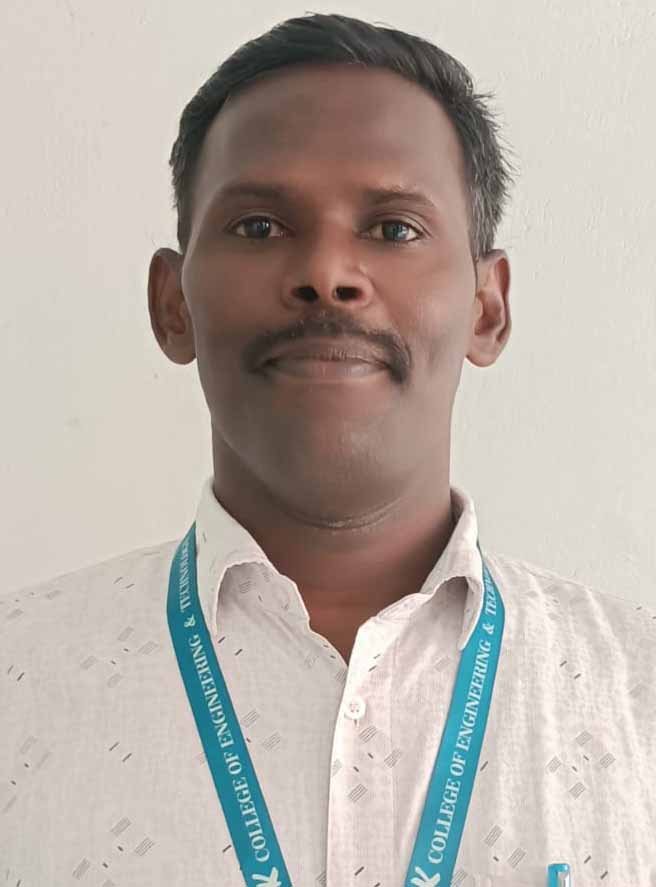
Mr. S. Ramachandran
M. Sc, M. Phil, SET, (Ph. D) Mathematics
Assistant Professor & HOD / S&H
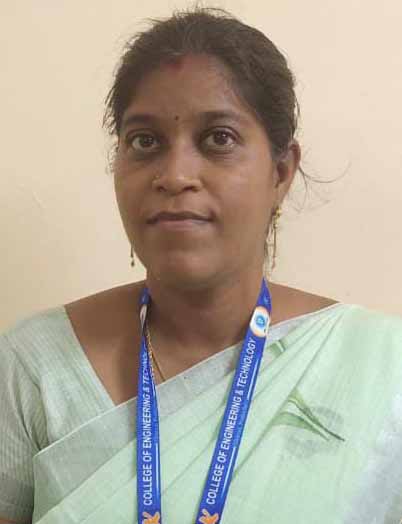
Mrs. G. Suganya
M. Sc., M. Phil.,
Asst.Professor (Chemistry)
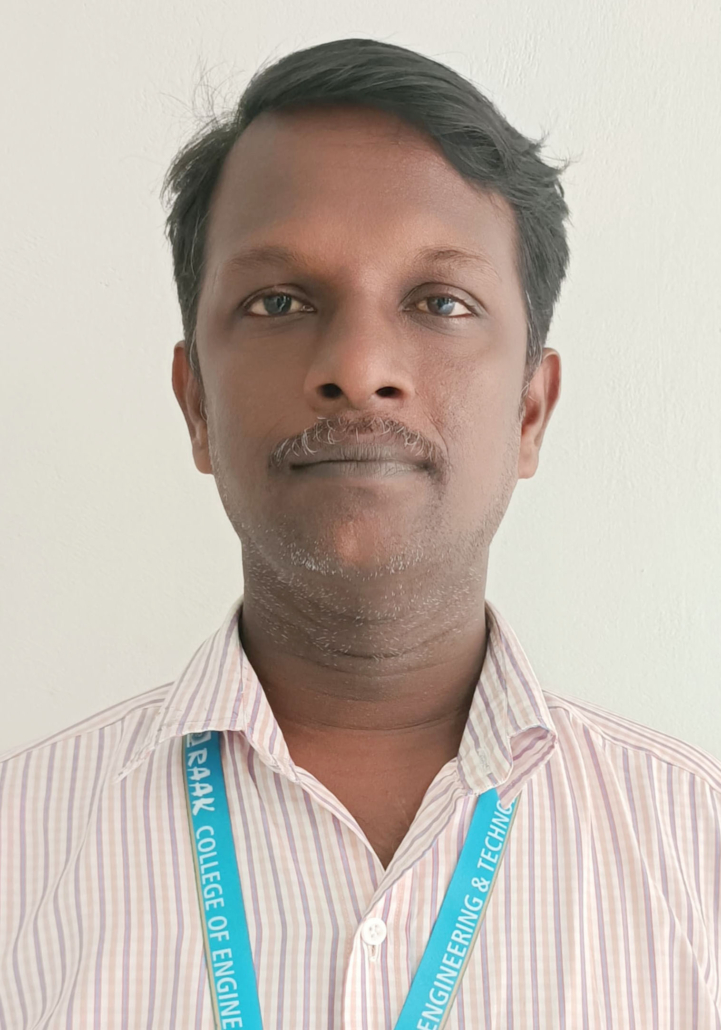
Mr. M. Prapaharan
M.A., M.Phil., B. Ed.,
Asst.Professor (English)
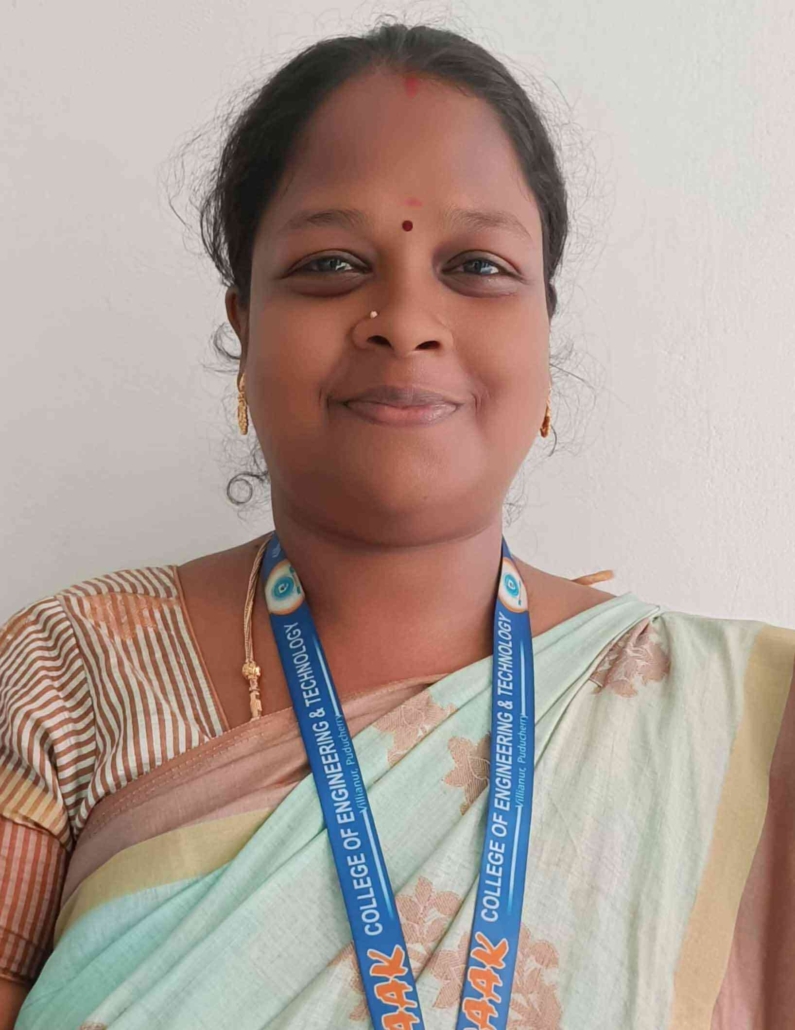
Mrs. L. Roginidevi
M.Sc, M.Phil.,
Asst.Professor (Physics)
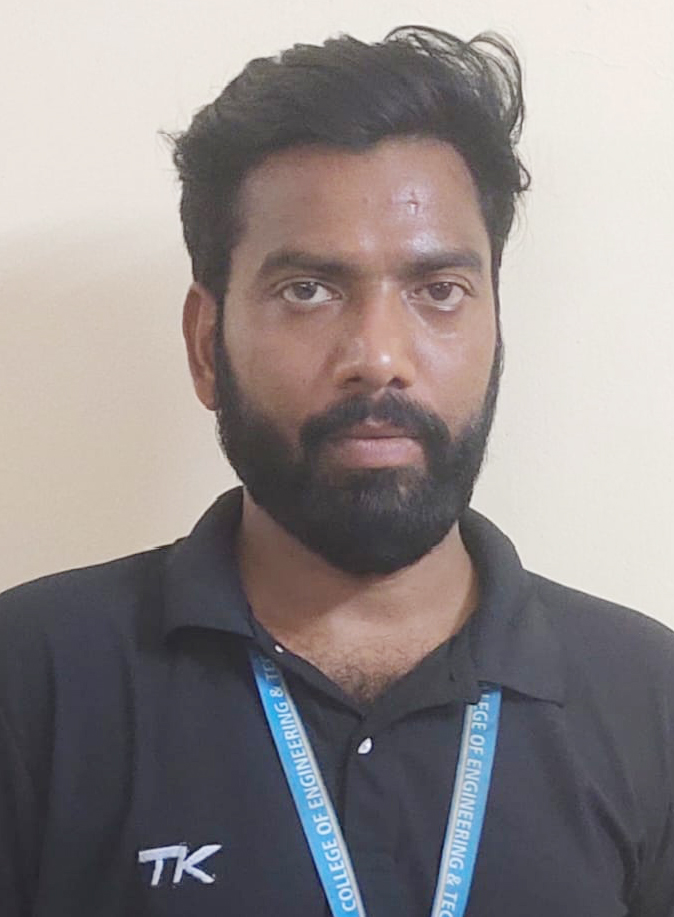
Mr. S. Vignesh
B. Sc., B.P.Ed., M.P.Ed.,(Physical Education)
Physical Director
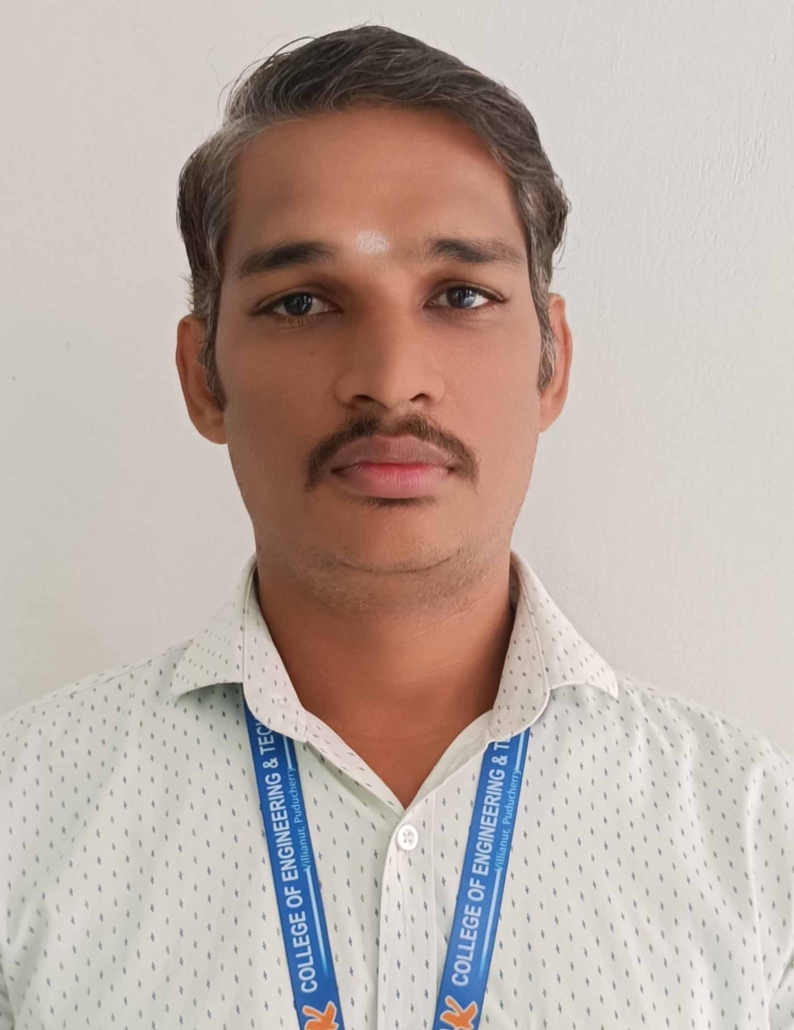
Mr. A. Sooria Narayanan
B. Tech., B.L.I.Sc., M.L.I.Sc.,
Librarian
Events
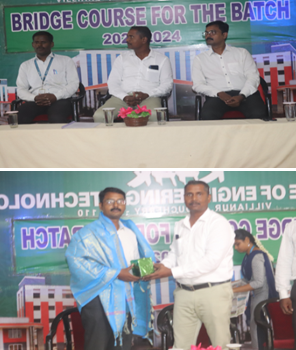
Topic: “REACH FOR THE STARS”
bridge course program
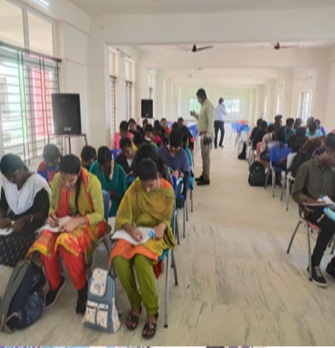
Topic: “LINGUISTIC IMPORTANCE”
bridge course program
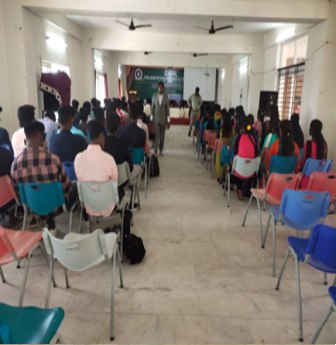
Topic: “INNER ENGINEERING”
bridge course program

Topic: “ROAD MAP TO CAREERS”
bridge course program
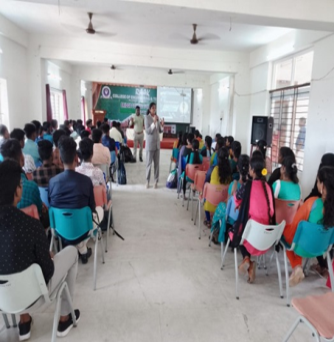
Topic: “SKILL OF PERSONALITY MANAGEMENT IN ITS CULTURE”
bridge course program

A visit to Dr.APJ Abdulkalam Science and planetarium
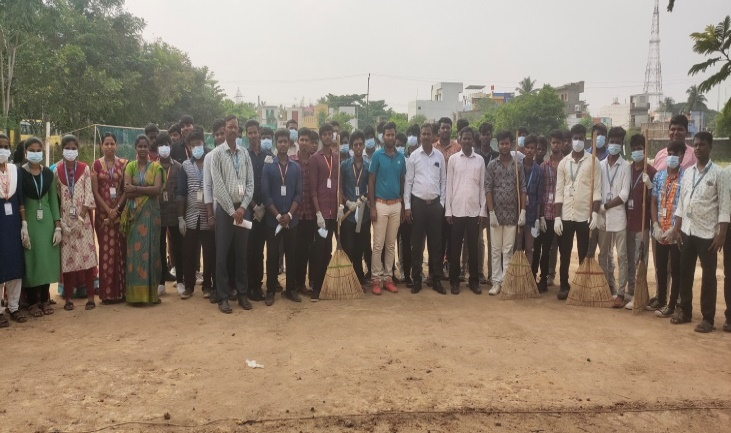
NSS Program under “SWACHH BHARAT ABHIYAN” 60 NSS Volunteers actively participated in the program “CLEAN INDIA CAMPAIGN”
Date: 21st October 2023,

 UNIVISER
UNIVISER


